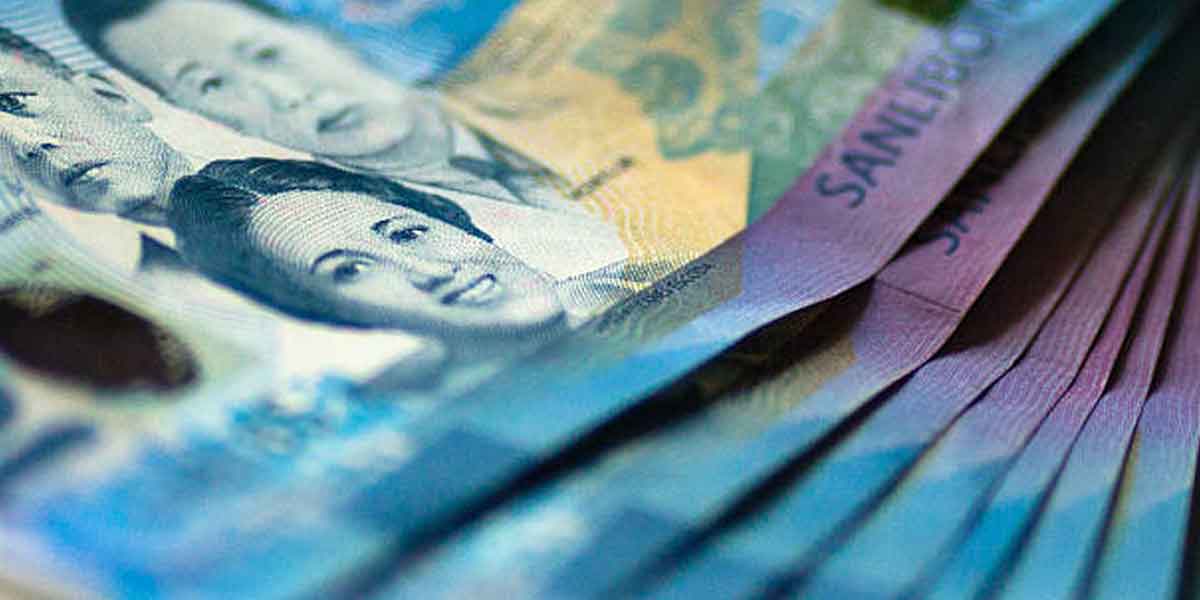On Nov 3, 2021, the U.S. government, through the United States Agency for International Development (USAID), celebrated 60 years of development partnership with the Philippines.
USAID leads the U.S. government’s international development and humanitarian efforts to save lives, reduce poverty, strengthen democratic governance, and help people progress beyond assistance.
USAID was founded on Nov 3, 1961, by President John F. Kennedy, and the Philippines was one of the agency’s very first partner countries.
“This year, USAID is proud to celebrate 60 years of partnering with people around the world to build stronger, more prosperous communities. As we celebrate 60 years of partnership for development in the Philippines, and 75 years of diplomatic relations, the bonds between the American and Filipino people are stronger, deeper, and more sustaining than ever,” said USAID Philippines Acting Mission Director Sean Callahan.
In its first two decades in the Philippines, USAID supported infrastructure development, agricultural and medical research, and rural electrification. In the 1980s and 1990s, USAID supported the development of civil society organizations and citizen engagement in policymaking and assisted in rolling out the Local Government Code and decentralization. USAID also supported the health and education sectors, strengthened local capacity, and continued to invest in infrastructure.
Since 2010, USAID has provided more than Php17.5 billion ($340 million) to help more than 100 cities and municipalities in the Philippines respond to disasters, including Typhoon Yolanda. This assistance has helped build climate-resilient schools and health clinics, fund livelihood activities, support the Philippine government’s planning and coordination efforts, and strengthen the Philippines’ ability to implement disaster risk reduction measures.
Over the last five years, USAID has helped establish 1.2 million hectares of Marine Protected Areas in the Philippines, protecting the environment and ensuring a sustainable source of food and livelihood for millions of Filipinos. USAID supported the passage of landmark health legislation such as the Universal Health Care Act, Responsible Parenthood and Reproductive Health Law, and Tuberculosis Elimination Law so that Filipinos are able to access quality health services.
In response to the COVID-19 pandemic, USAID has provided more than Php1.8 billion ($36.4 million) to support the country’s COVID-19 response at the national and local levels.
USAID also supported the Philippine government in launching a national commodity and logistics tracking tool and an emergency procurement portal that helped secure more than Php50 billion ($1 billion) in essential goods during the pandemic. In addition, USAID partnered with the Bangko Sentral ng Pilipinas to establish the National Retail Payment System that gave birth to a number of digital payment options, which accelerated e-payment usage from 1 percent in 2015 to 20 percent in 2020 and helped ensure continued economic activity and livelihoods.
During the pandemic, USAID also partnered with the Department of Education to produce and distribute nearly four million supplementary reading materials to more than 250,000 students so they could continue learning remotely.
Since 1961, USAID has invested more than Php258 billion ($5.1 billion) towards achieving shared development goals in the Philippines, partnering with the government, private sector, and local organizations to improve everyday lives.
Today, USAID works nationwide to expand inclusive, market-driven growth; foster strong democratic systems and good economic, health, and education governance; promote responsible natural resource management; and enhance resilience for communities and the environment. Through USAID, the U.S. and the Philippine governments work shoulder-to-shoulder to create a more prosperous, resilient society for all Filipinos.




















